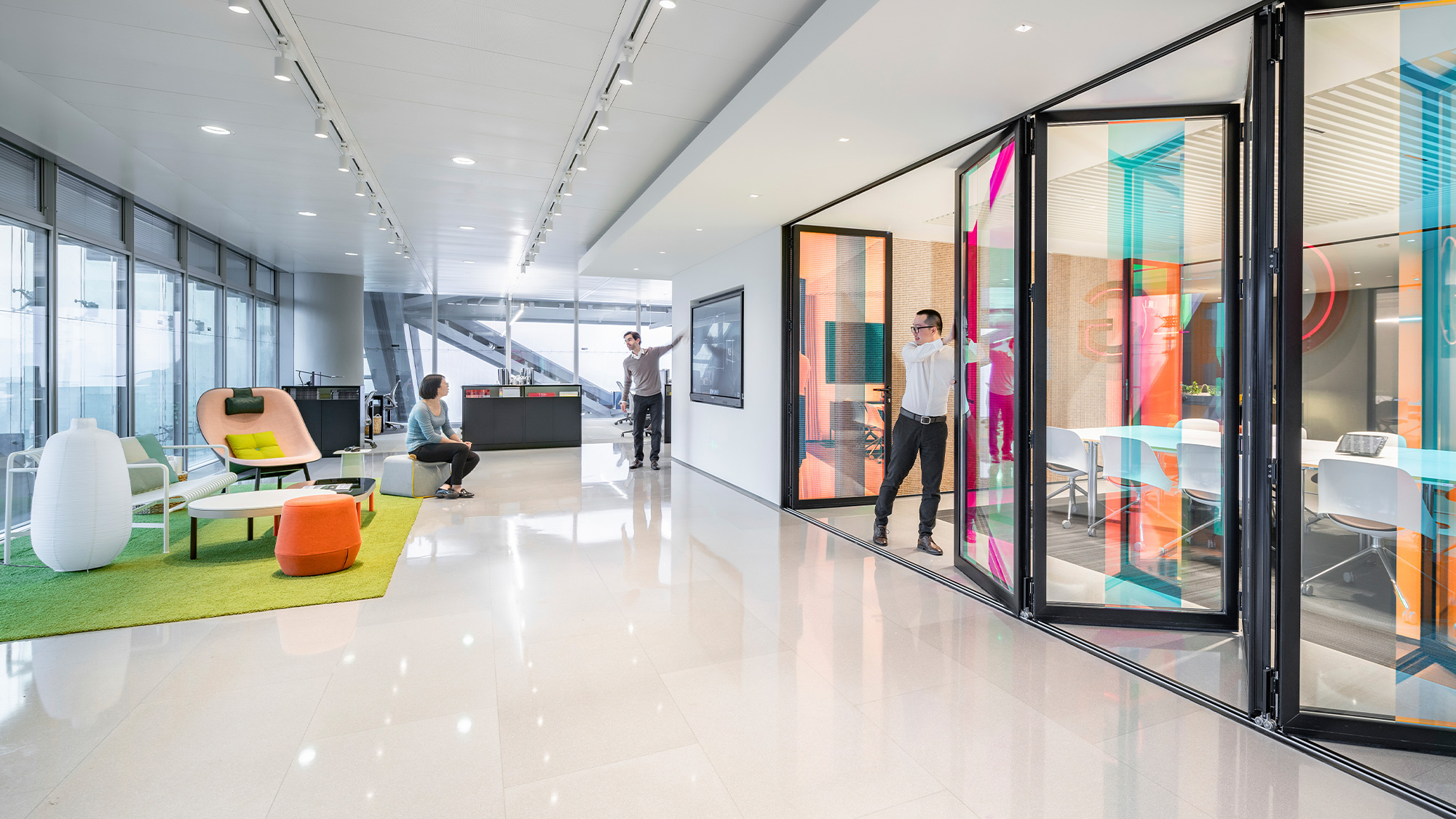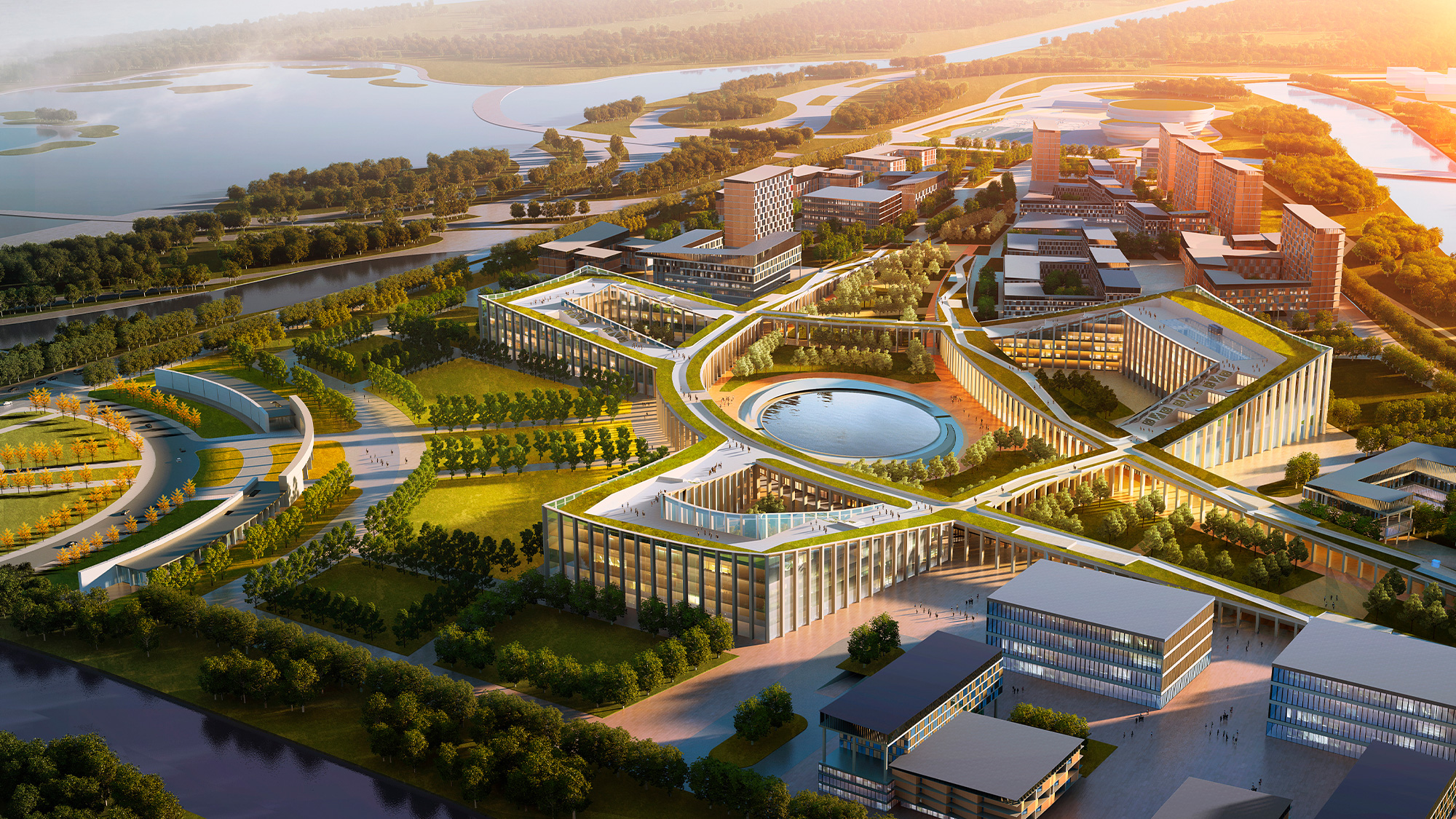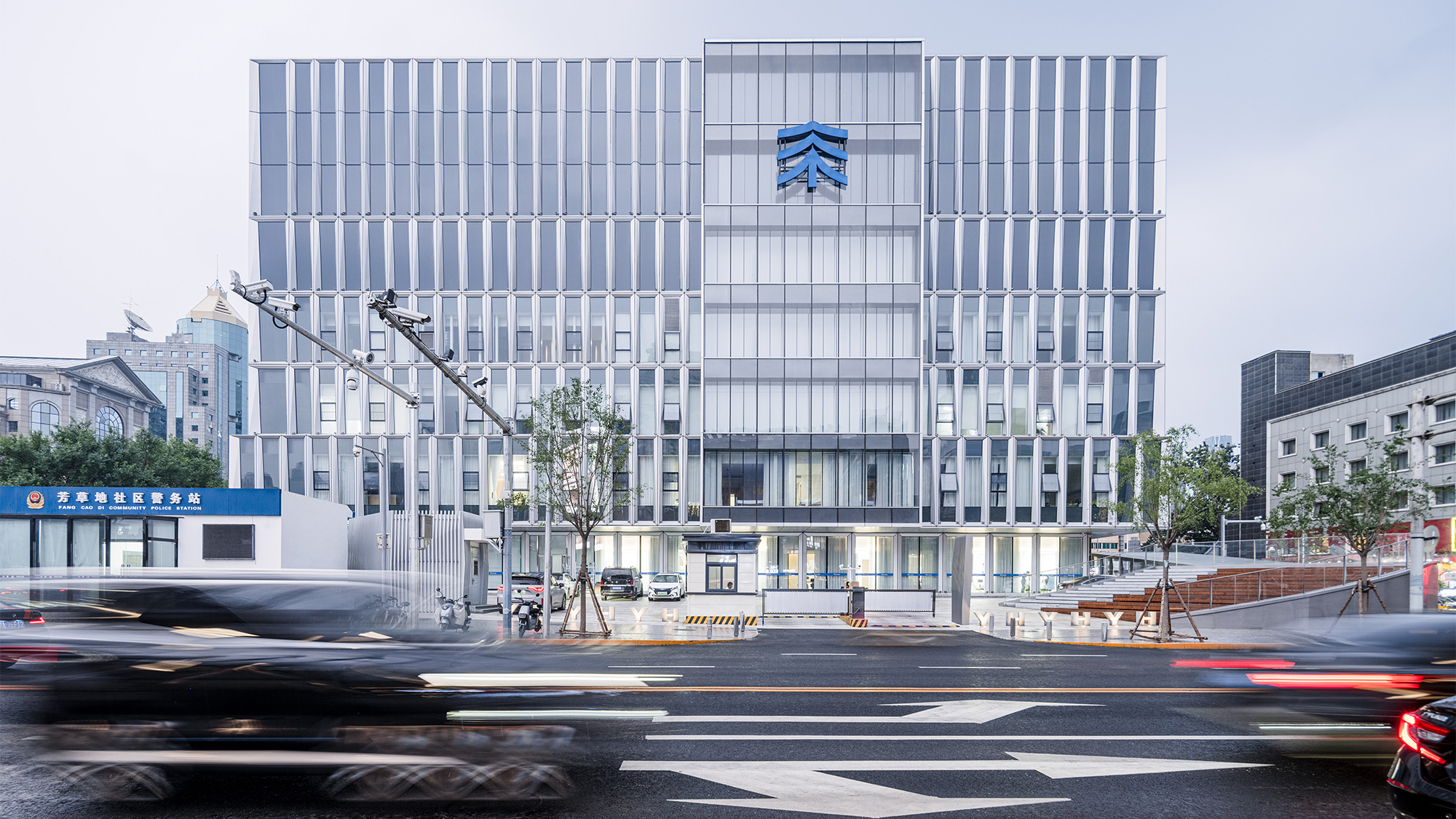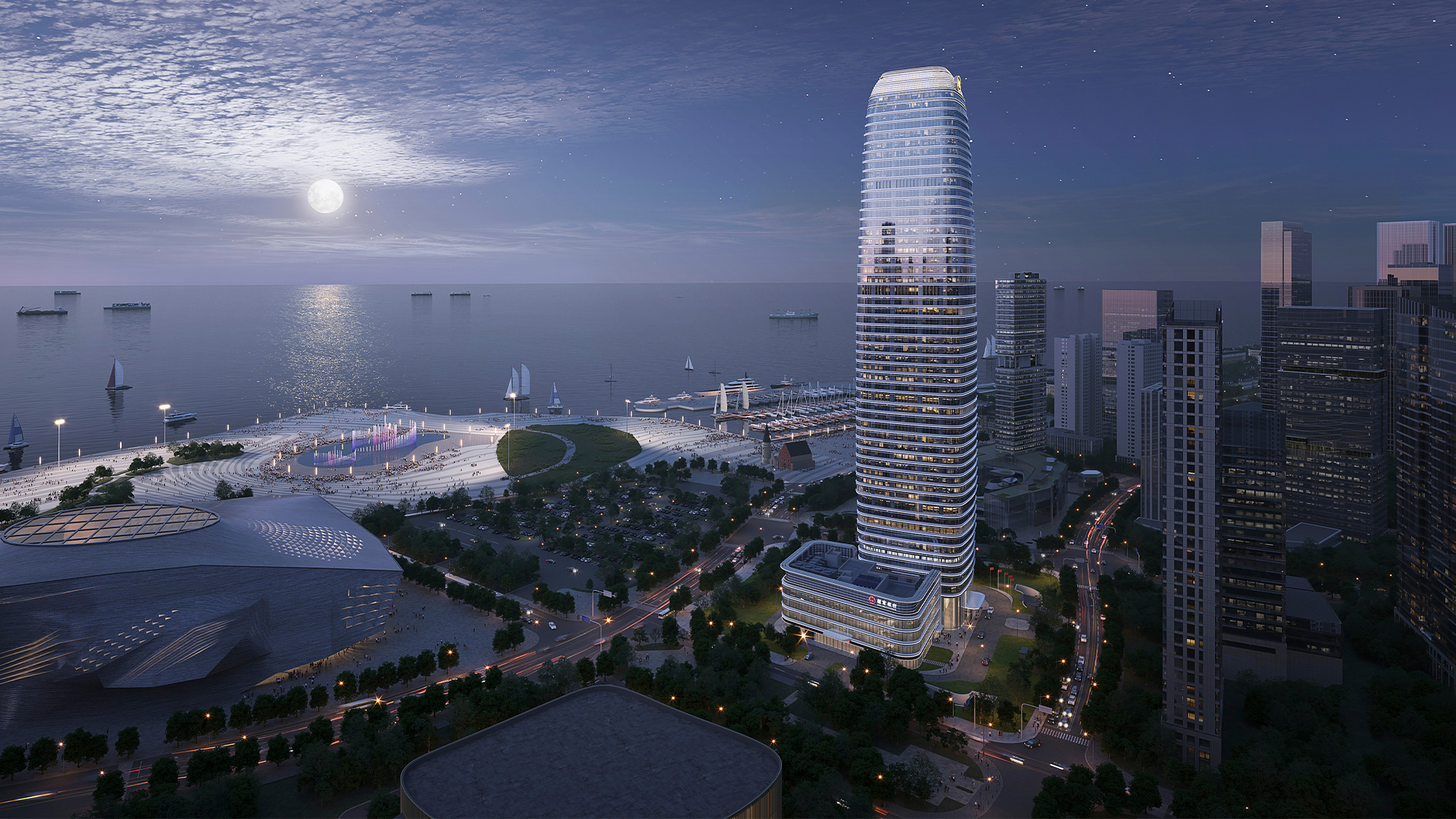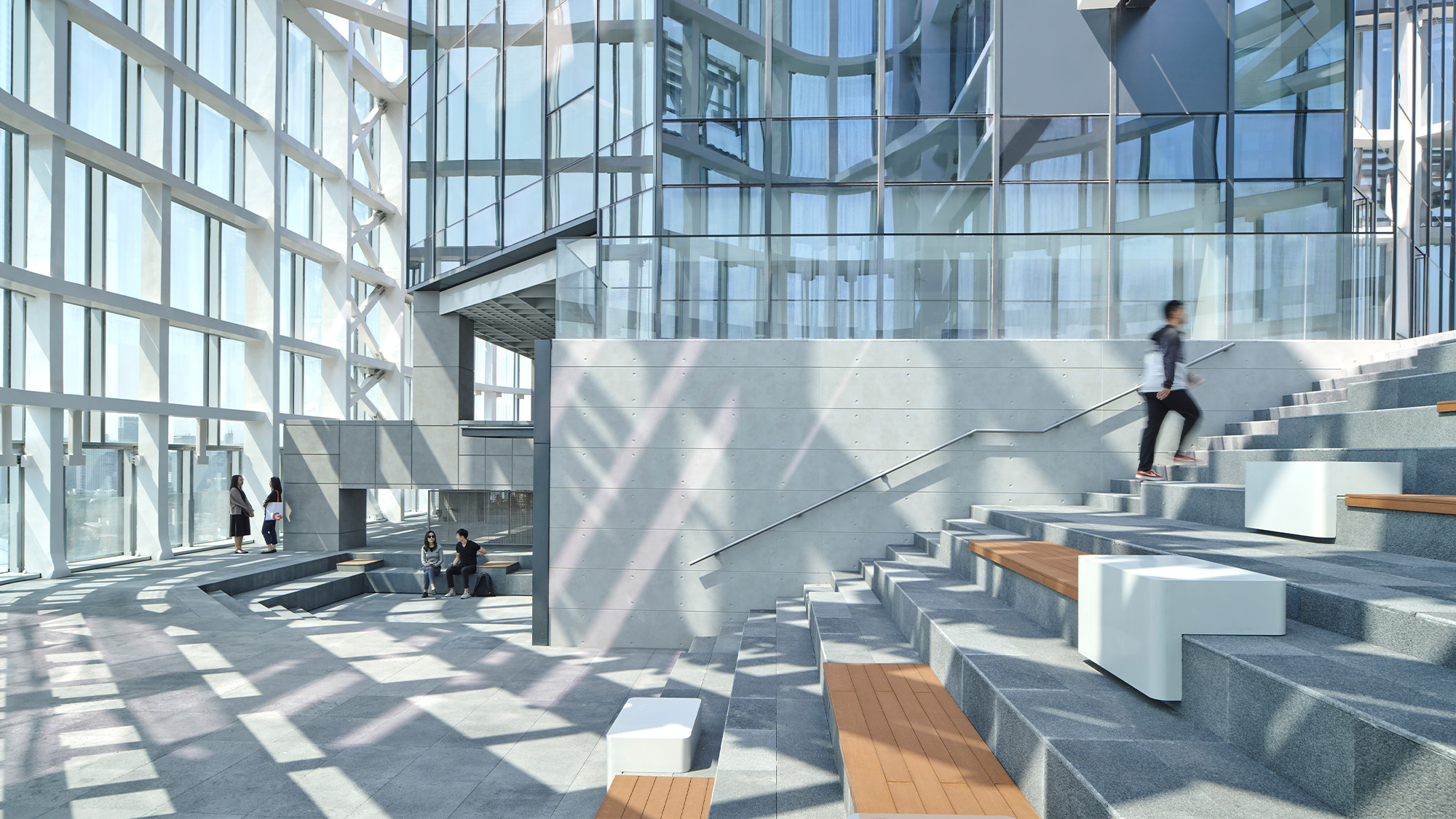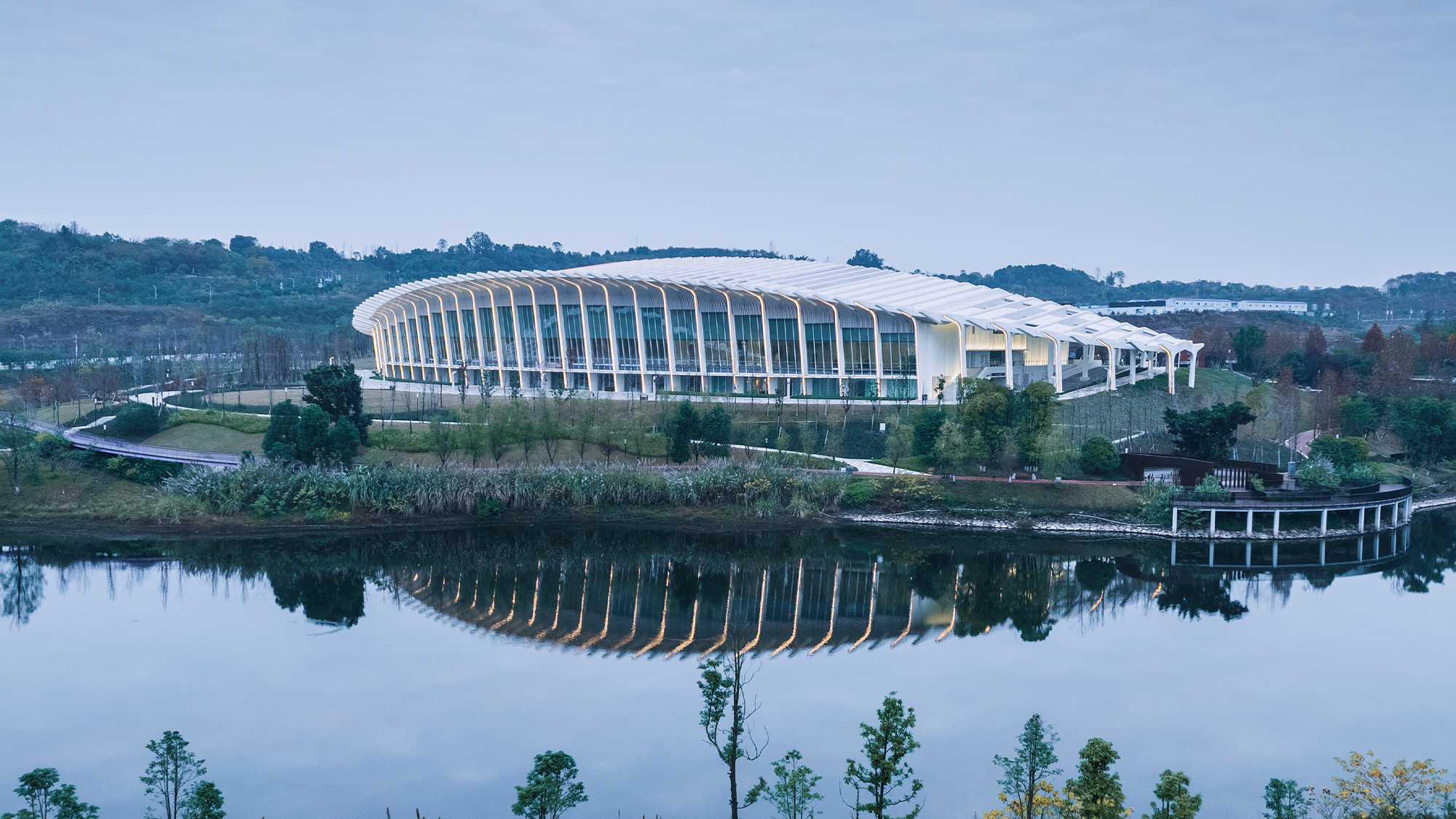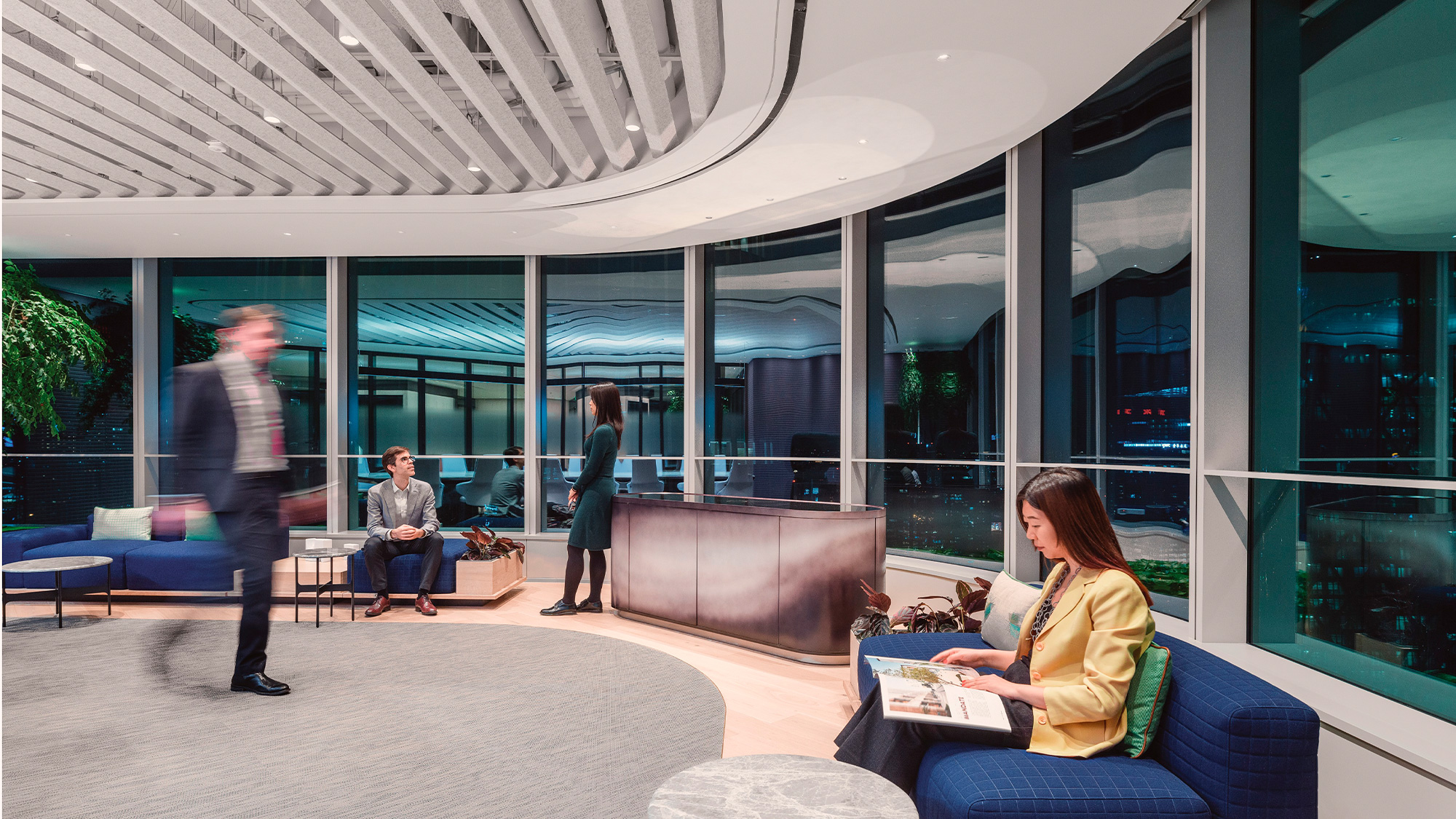PROJECTS
19 Items
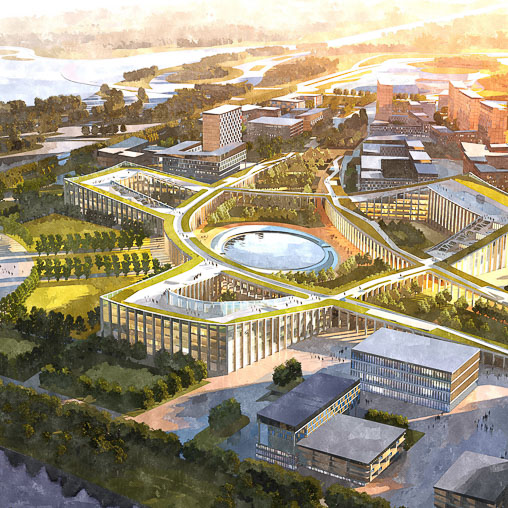
Qingdao Rehabilitation University
Qingdao, China
The University of Health and Rehabilitation Sciences campus integrates technological innovation, talent training, health and wellness development, and services.
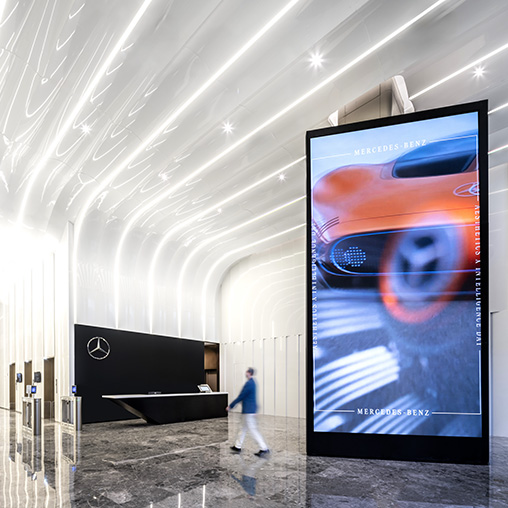
Mercedes-Benz R&D Center Shanghai
Shanghai, China
Gensler was selected to design Mercedes-Benz’s global Digital R&D Center in Shanghai with both a workplace and a workshop.
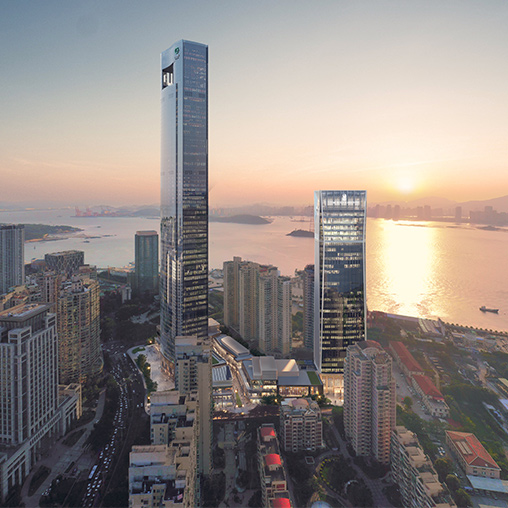
Xiamen CGDG New Era Plaza
Xiamen, China
Xiamen CGDG New Era Plaza brings a world-class, sustainable retail and leisure destination to Xiamen with a design inspired by the guiding nature of lighthouses
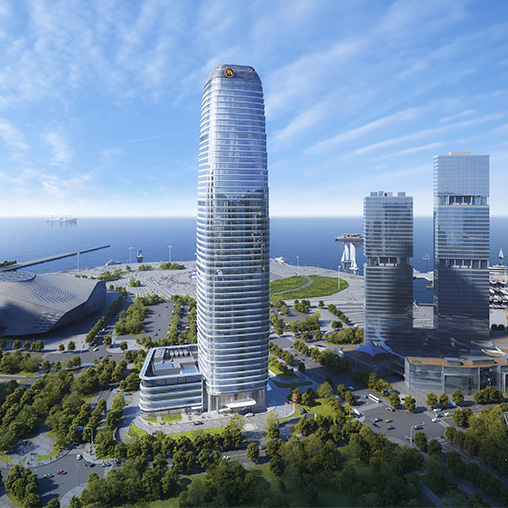
Dalian International Shipping Center
Dalian, China
CMG Dalian Tower is located on prime real estate with unobstructed views of the Dalian Bay Ocean, the mountains, and the old city district.
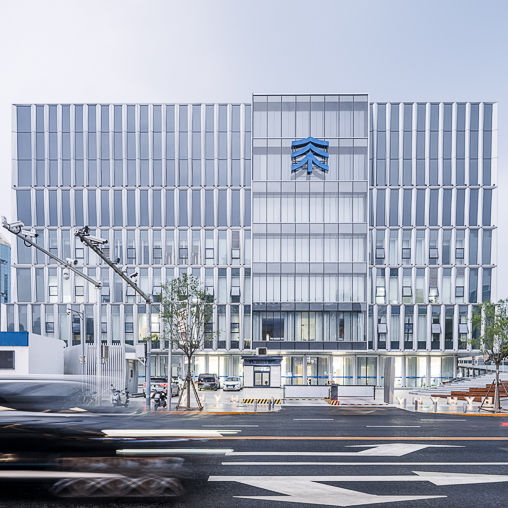
Yonghe Hospital
Beijing, China
The façade renovation of Yonghe Hospital aims to establish a health, wellness, and lifestyle hub through the power of technology and community engagement.
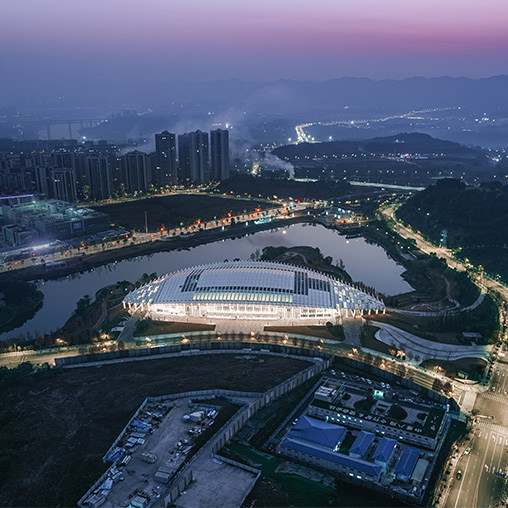
Lijia Smart Hall
Chongqing, China
Located in Chongqing Lijia Intelligent Park, the Lijia Smart Hall is the central stage for the annual Smart China Expo, promoting smart technologies.
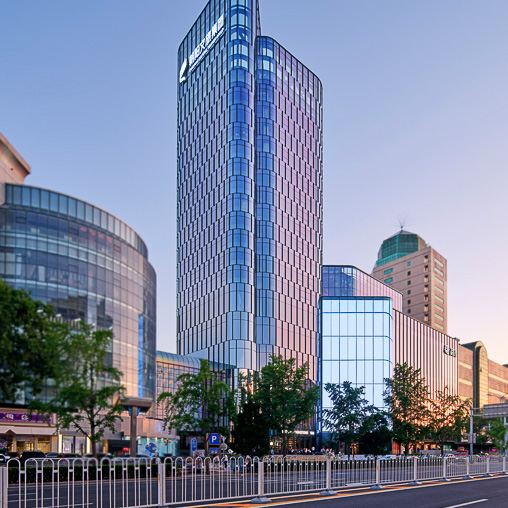
Kuntai Tower Renovation
Beijing, China
The renovation aims to rebrand Kuntai as a culture hub that creates stories of innovation, activates community connections, and creates a memorable experience.
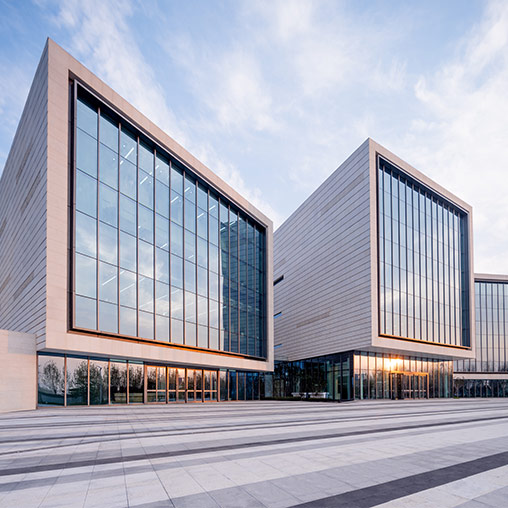
Yantai Huang-Bohai Sea New Area Industrial Culture Center
Yantai, Shandong Province, China
The addition to the existing city center program features architecture and landscaping language that seamlessly creates a cohesive entity.
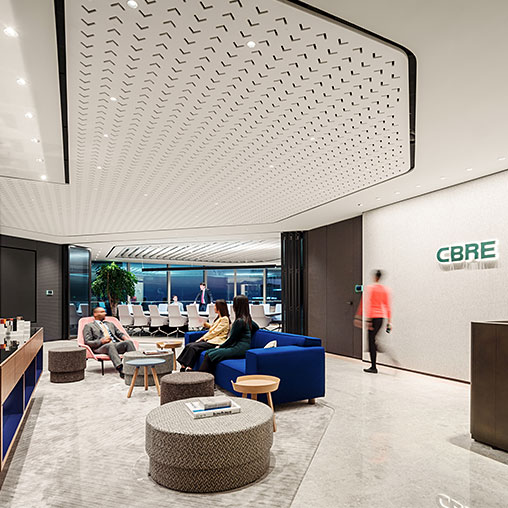
CBRE Beijing Office
Beijing, China
In designing CBRE’s new headquarters in Beijing, the Gensler team sought to highlight the commercial real estate firm’s flexible office strategy while also integrating the design with Beijing’s cultural heritage.
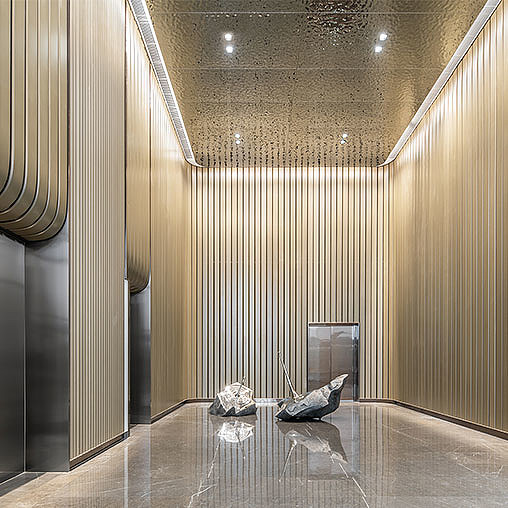
Poly Guangzhou Huadu T3/T4 Public Space
Guangzhou, China
The Poly Green Financial City Complex is located in the central business district of Huadu, Guangzhou, offering convenient access to the neighborhood’s amenities.
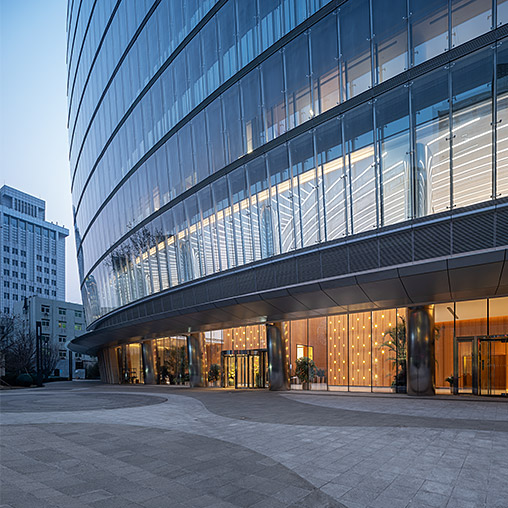
Harbin Bank International Plaza
Beijing, China
The Harbin Bank International Plaza features an 18-story office building located alongside the Airport Express Highway that houses Harbin Bank’s Beijing branch.
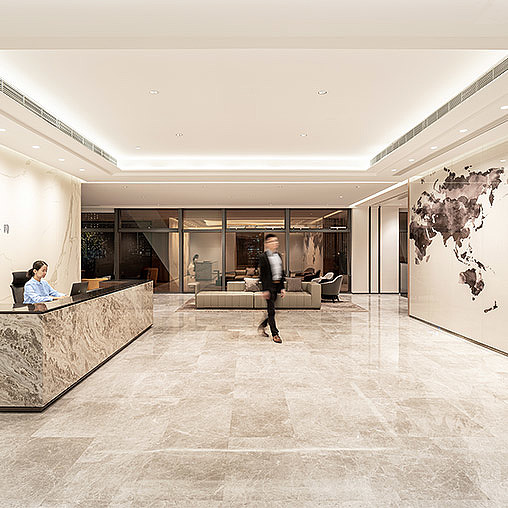
Gemdale South China Headquarters
Shenzhen, Guangzhou Province, China
Located in the CBD of Shenzhen’s Futian Central District, Gemdale Group’s South China headquarters set a new benchmark in workplace design for the client, in a modern space that aims to transform the real estate development and investment company’s previously closed working mode.
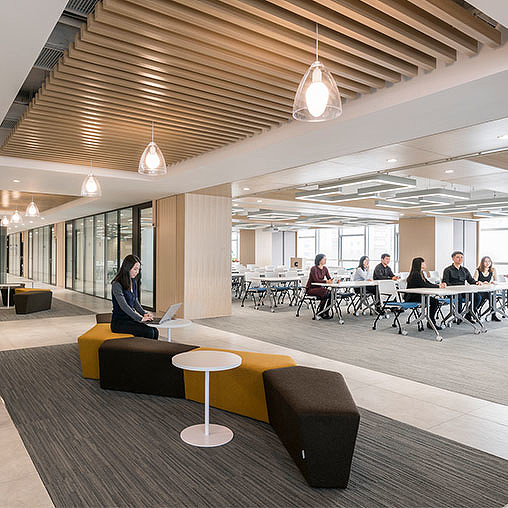
Cummins Beijing Headquarters
Beijing, China
To align with changes to its global office model, Cummins partnered with Gensler to design its Beijing office in LSH Center, Tower B.
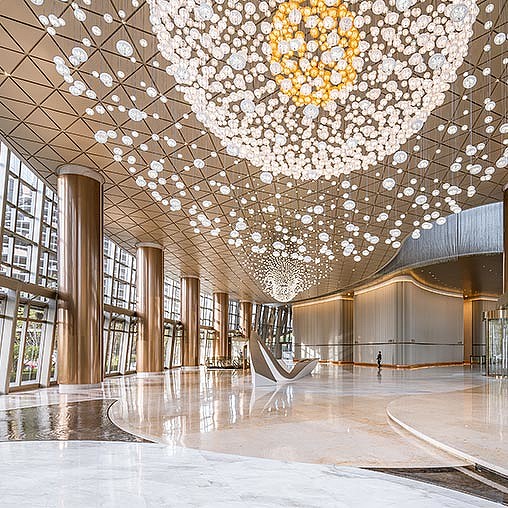
Zhongwang (Meritus) Beijing Headquarters
Beijing, China
Gensler Beijing worked closely with the client to develop the main lobby, retail, and parking areas of this 34-story tower in tenant turnkey condition.
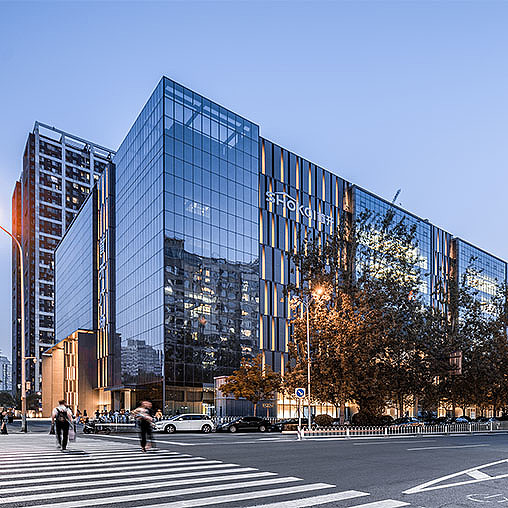
Wangjing Universal Creative Square
Beijing, China
Gensler Beijing creatively transformed a decaying warehouse into a vibrant office building, designed to attract Wangjing’s top companies and add to the growing number of mixed-use developments in the heart of Beijing.
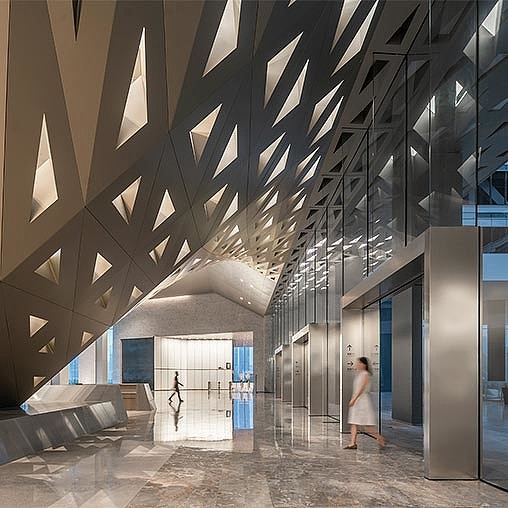
Poly Zhuhai Hengqin Public Space
Zhuhai, China
A giant cubic massing on the platform in Hengqin’s open public square, Poly Real Estate Group’s prominent new address anchors the open square in Zhuhai.
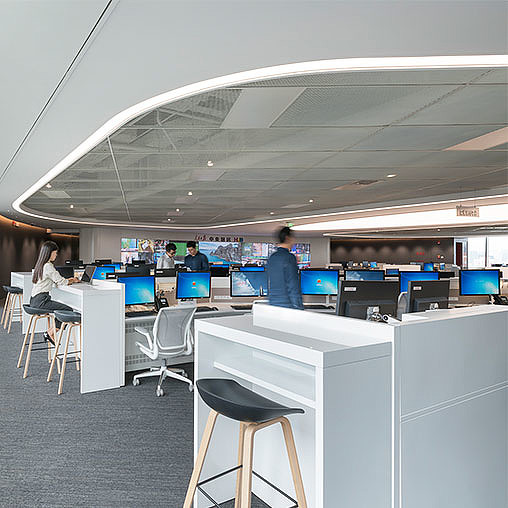
People’s Daily Beijing
Beijing, China
China's top media leader and voice of the central government, People's Daily, is fostering an unprecedented work approach to meet the evolving needs of the media industry.
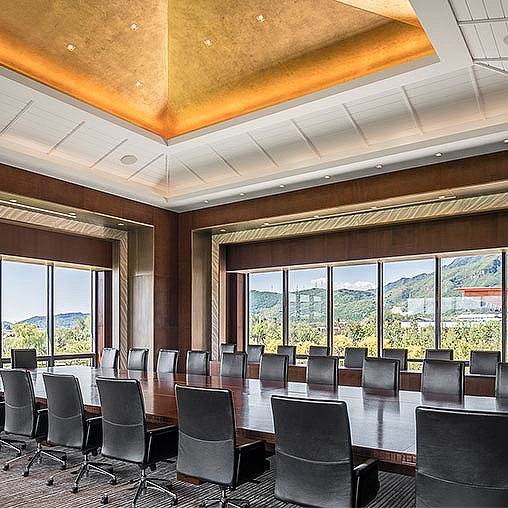
Yanqi Lake International Conference Centre
Beijing, China
In anticipation of the 2014 Beijing APEC Summit, Gensler’s design team endured a three-year timeline to design Yanqi Lake International Conference Centre, the setting for the international gathering of politicians.
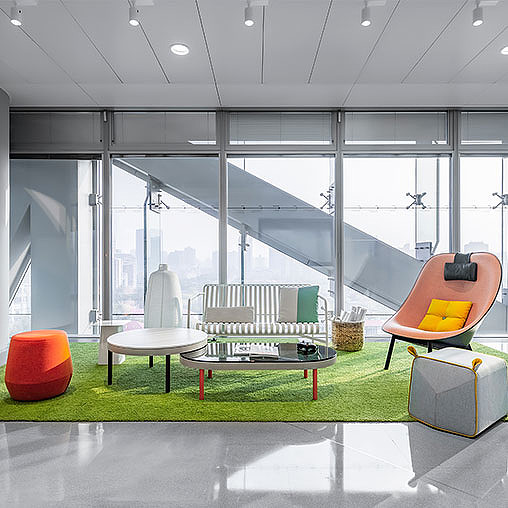
Gensler Beijing
Beijing, China
Gensler's Beijing office is located in Parkview Green, the first LEED Platinum-Certified building and art sanctuary in China.
REGIONAL & OFFICE LEADERSHIP
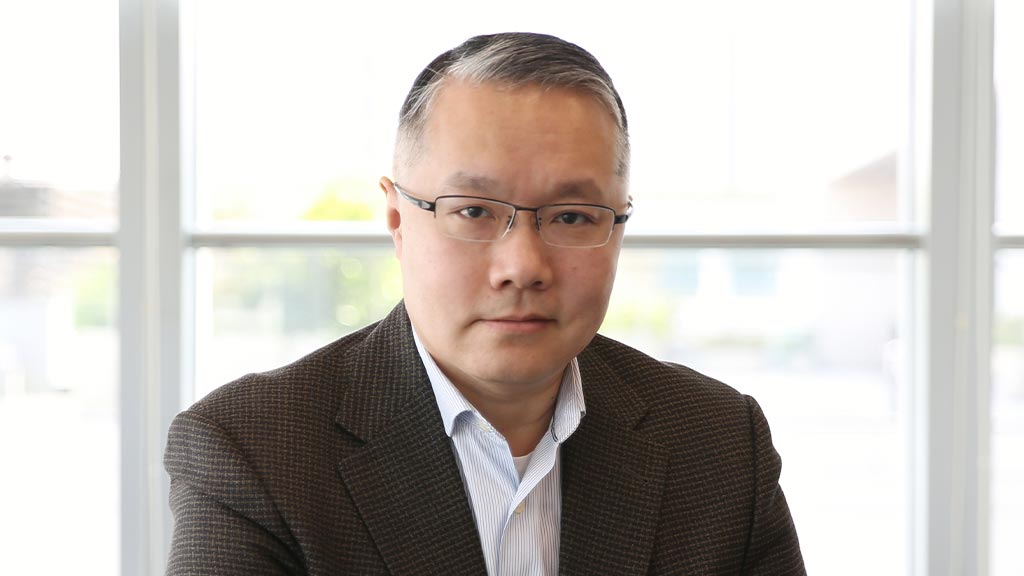
Ray Bai
Regional Managing Principal, Regional Practice Area Leader
Ray Bai is a Regional Managing Principal and Regional Practice Area Leader for Gensler’s Greater China region, with 25 years of design and management experience in both China and the U.S.
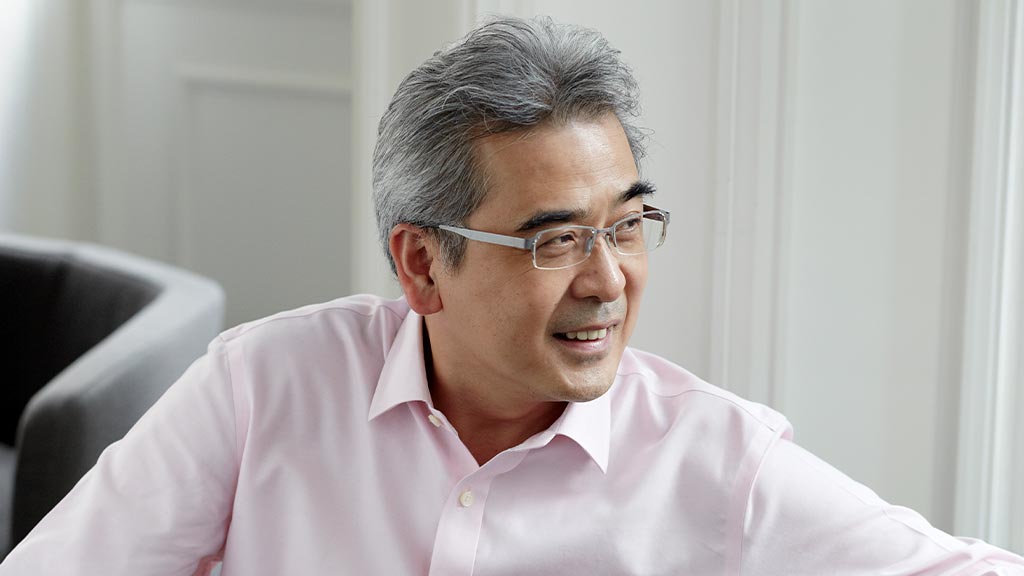
Jerry Hung
Managing Director, Principal
Jerry is a leader who thinks like a designer and executes like an engineer. He began his career with Gensler New York in 1998, and he was one of the initial members of our Shang...
NEWS
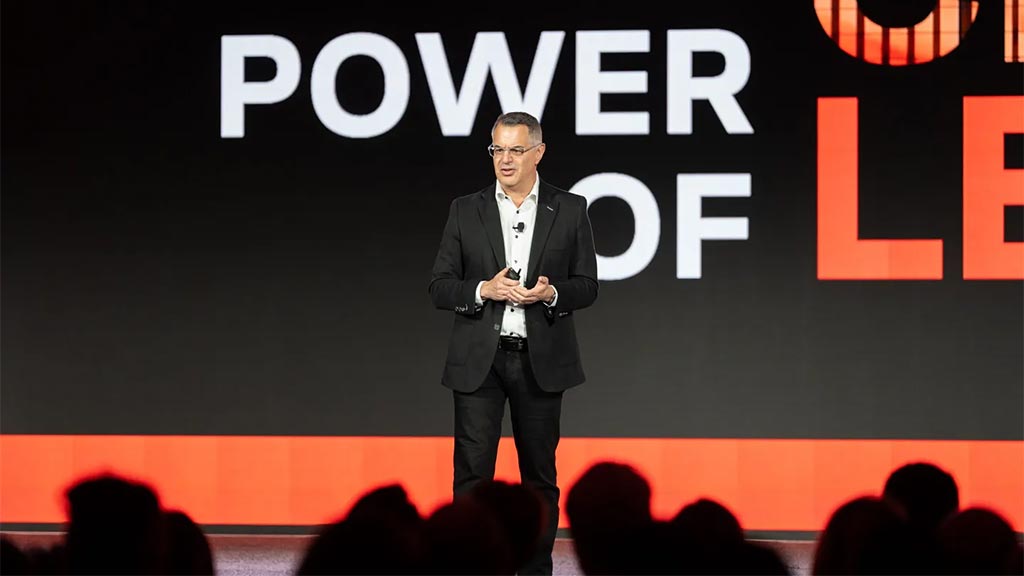
Fortune Features Insights From Gensler Co-CEO Jordan Goldstein on How AI Is Reshaping Design
Gensler co-CEO Jordan Goldstein shares how AI is influencing design and transforming business. He describes AI as a creative partner that helps prototype more empathetic experiences, from calming hospital visits to reducing stress in airports.
September 03, 2025
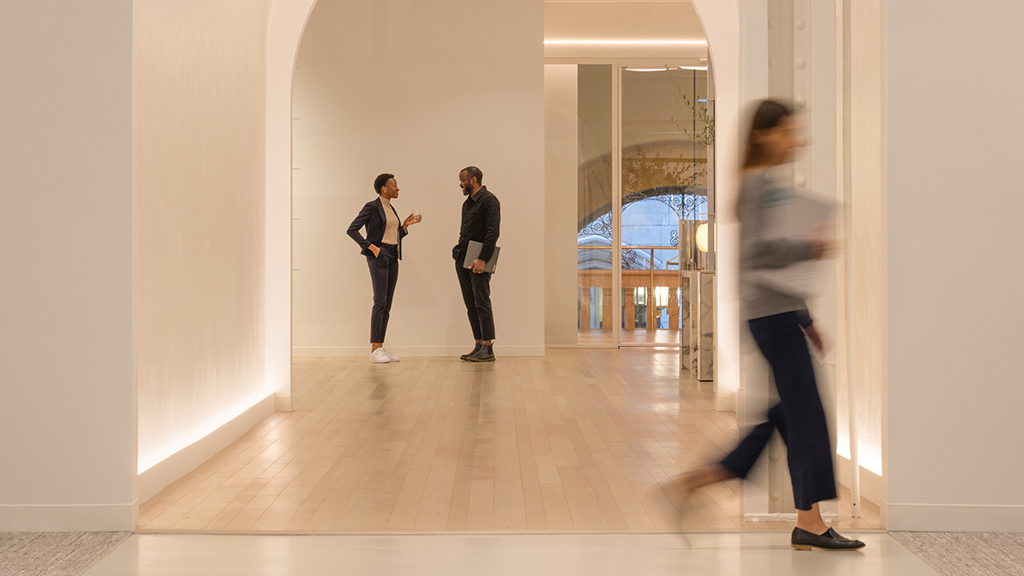
Interior Design Magazine Celebrates 60 Years of Gensler’s Impact on the Business of Design
The exclusive feature spotlights global projects across practices and interviews with leaders, including Q&As with co-CEOs Jordan Goldstein and Elizabeth Brink and co-chairs Andy Cohen and Diane Hoskins.
August 25, 2025
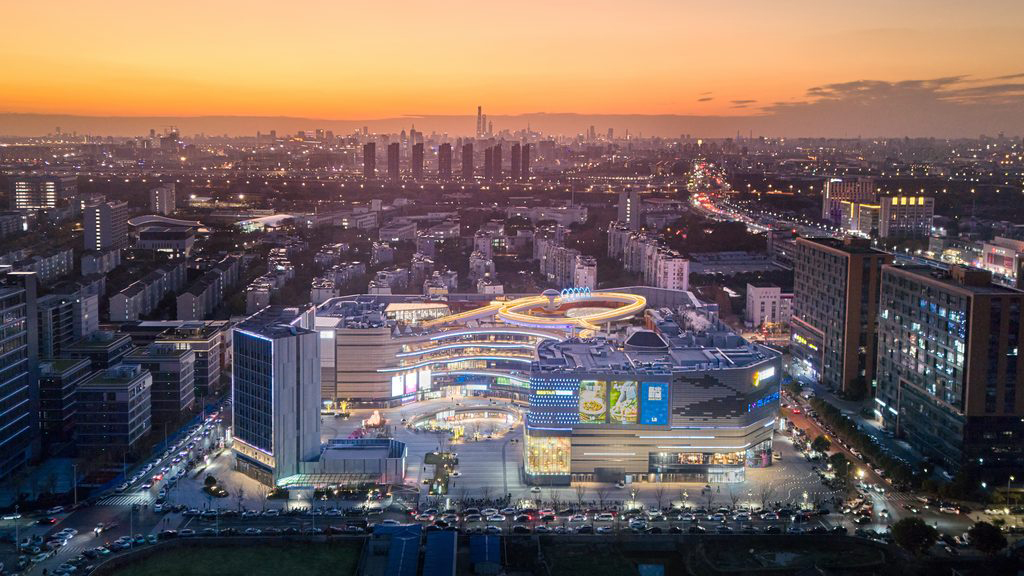
Challenger Cities Featured Gensler’s Sofia Song on a Podcast About “The Magnetic, Messy Cities People Don’t Leave”
The discussion centered on Gensler’s City Pulse Survey, which explores what makes cities not just livable — but lovable. Song notes, “What draws people to cities is pragmatic. What gets people to stay are the intangibles.”
June 26, 2025
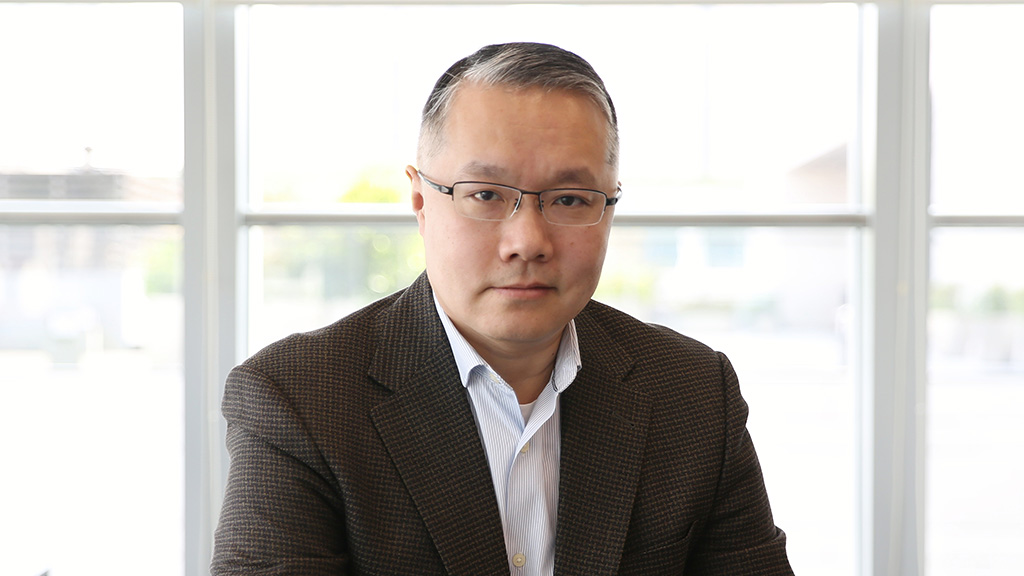
Gensler Announces Ray Bai Will Step Into New Role to Power Growth in the Greater China Region
As Co-Regional Managing Principal of Gensler Greater China, Ray Bai will lead regional strategy, drive business growth, and strengthen presence across key markets while fostering collaboration.
June 03, 2025
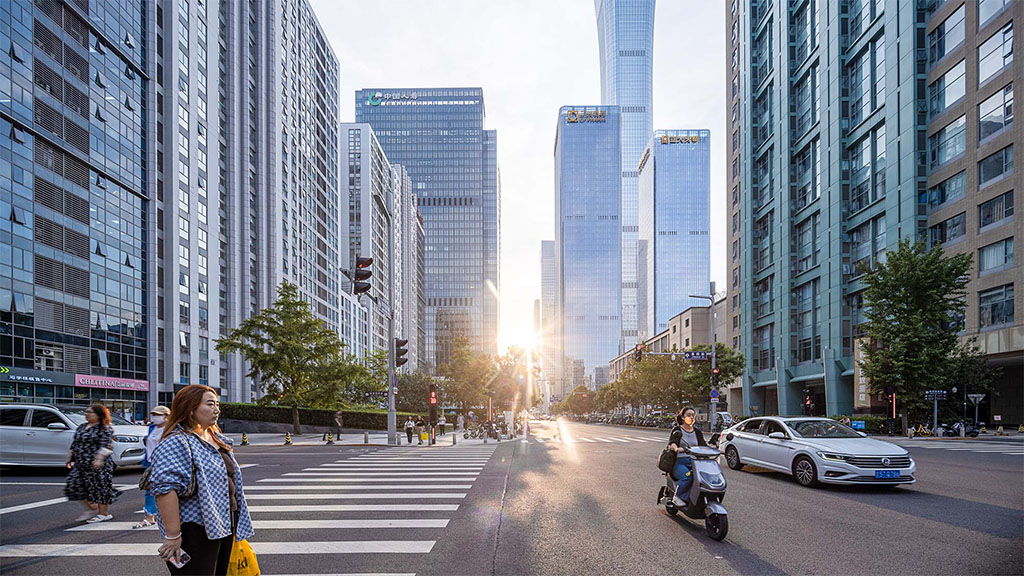
Gensler’s City Pulse 2025 Reveals That While Affordability Draws People to Cities, Emotional Connection Keeps Them There
Global Cities Research Leader Sofia Song noted the research provides “evidence of just how powerful pride can be” for a city’s growth and to drive long-term retention.
May 26, 2025
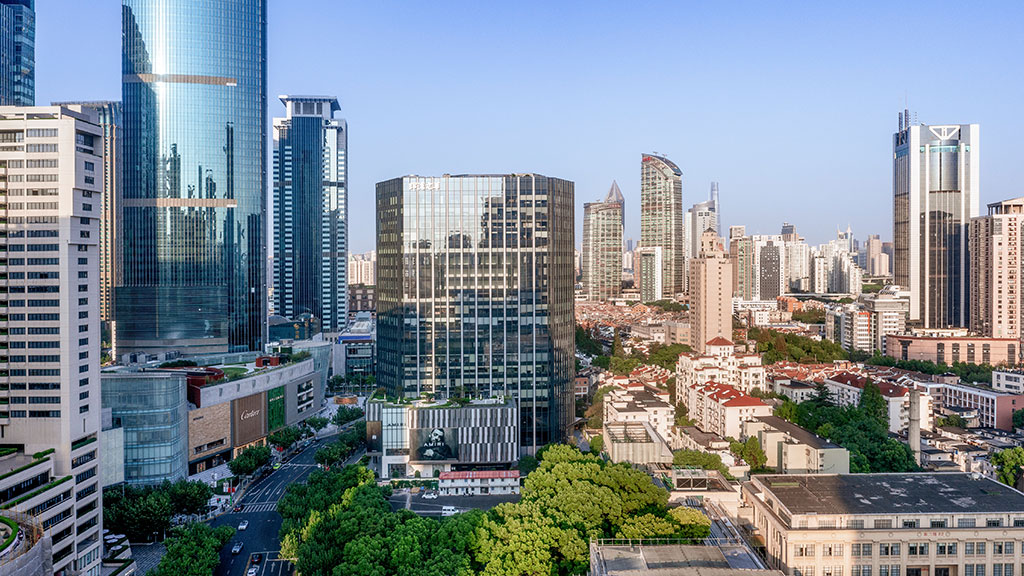
Fresh Ideas for Transforming 1990s High-Rise Buildings
Principal Hasan Syed shared transformative design strategies in Gensler’s renovation of the JC Mandarin Hotel, such as setting the building back, creating open ground-level spaces, and increasing public urban space.
April 26, 2025
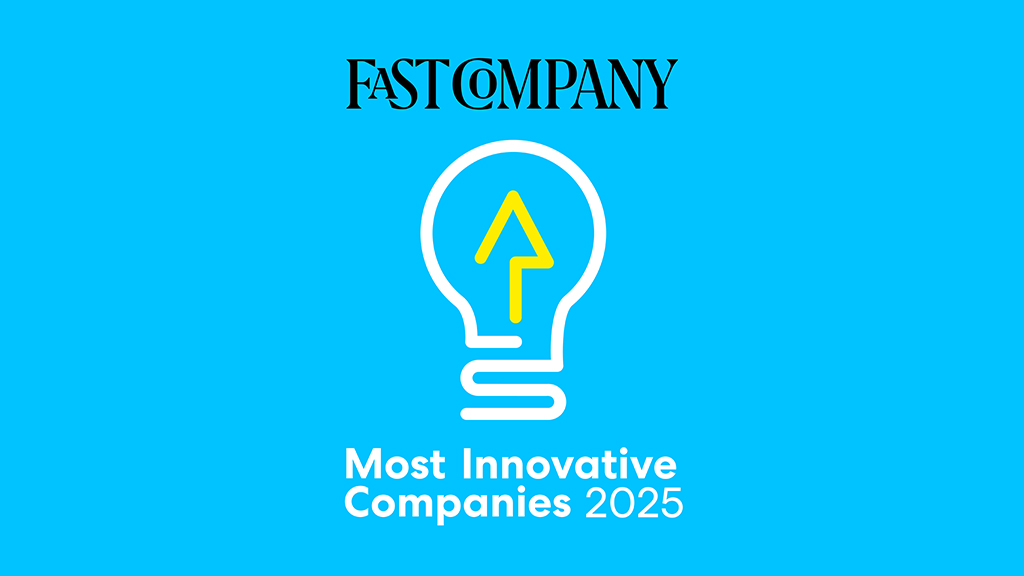
Gensler Recognized on Fast Company’s Most Innovative Companies 2025 List
Recognized for the second consecutive year, the global design firm earned praise for its Gensler Product Sustainability (GPS) Standards™, spotlighting groundbreaking innovation in the building sector.
March 18, 2025
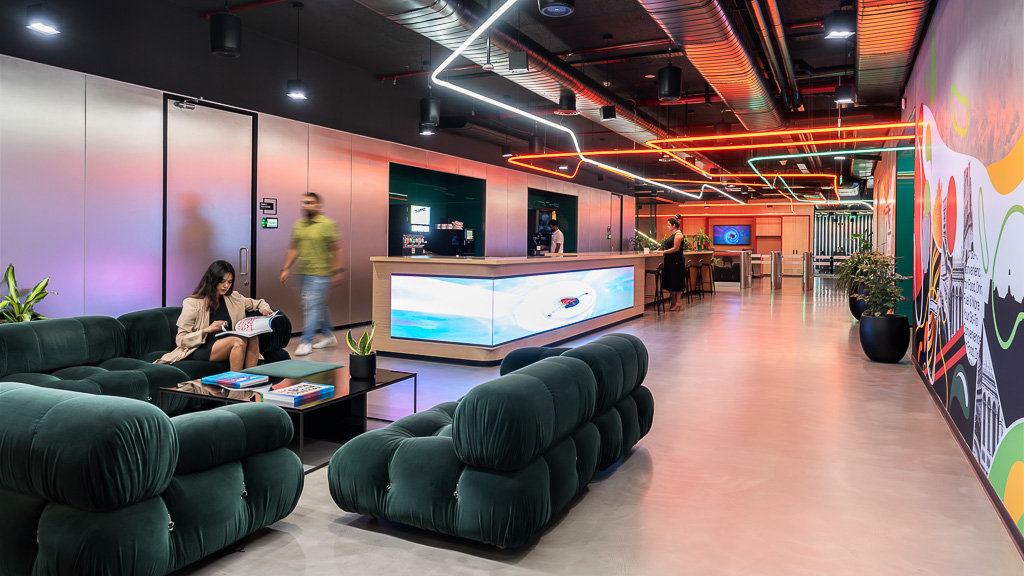
Gensler Ranked #1 on Interior Design’s 2025 Top 100 Giants List
Gensler was also voted the Most Admired Firm by our peers.
March 17, 2025
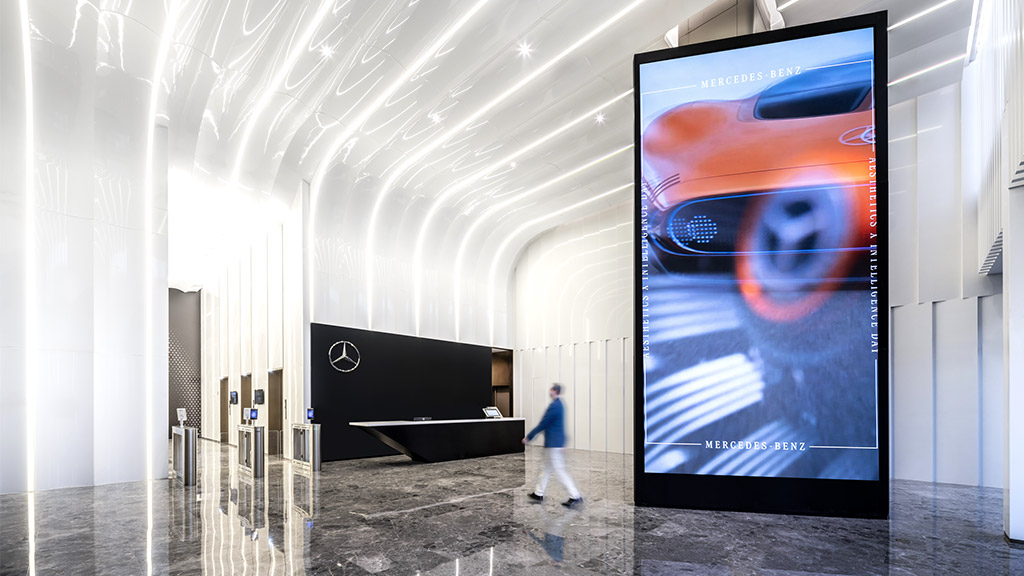
Pacific Rim Construction Spotlighted Gensler’s Design of Mercedes-Benz R&D Center in Shanghai
Mercedes-Benz’s global Digital R&D Center features both a workshop and a workplace, complete with amenities such as a service center, library, meditation space, and exercise room.
July 31, 2024
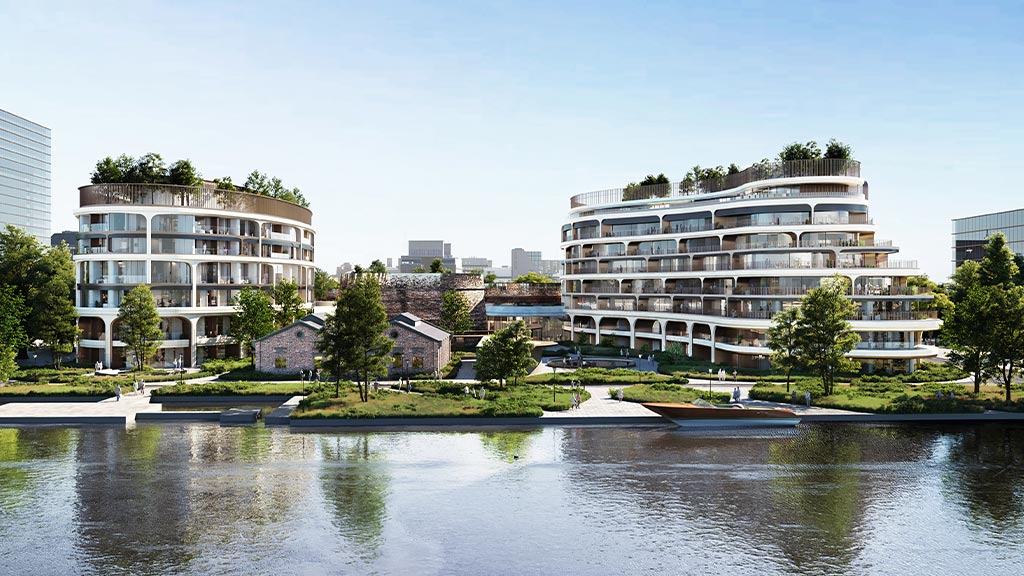
Three Senior Leaders Have Joined Gensler’s Rapidly Growing Global Healthcare Practice
Shary Adams, Ray Bai, and Alanna Carter join Gensler’s Toronto, Shanghai and Houston offices, respectively.
July 11, 2024
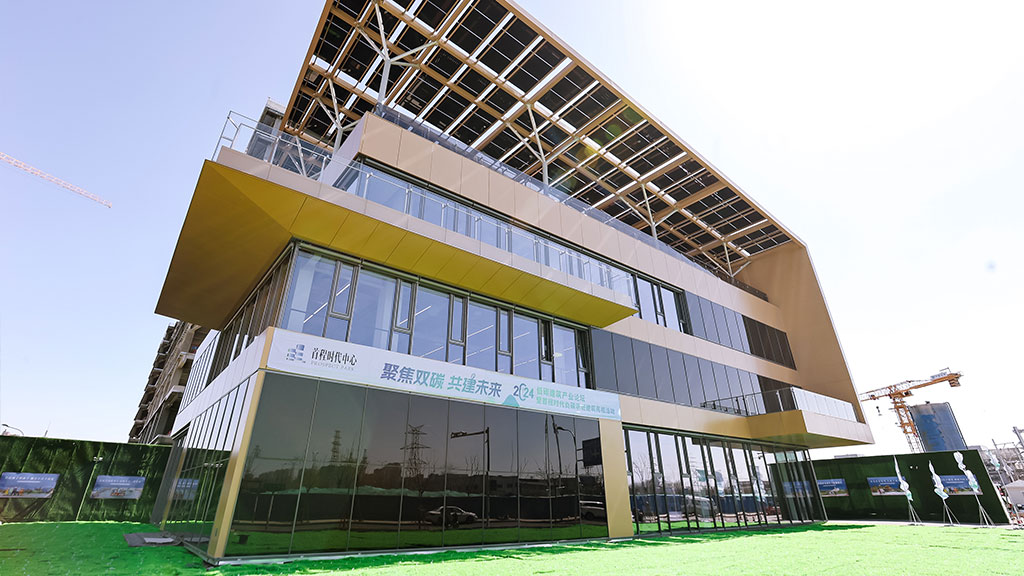
Shoucheng Prospect Park Carbon-Neutral Pavilion is the First Zero-Energy Building in Beijing
The Gensler-designed building implements a range of sustainable technologies and serves as “an important pioneering study and breakthrough in the green building industry in China.”
April 30, 2024
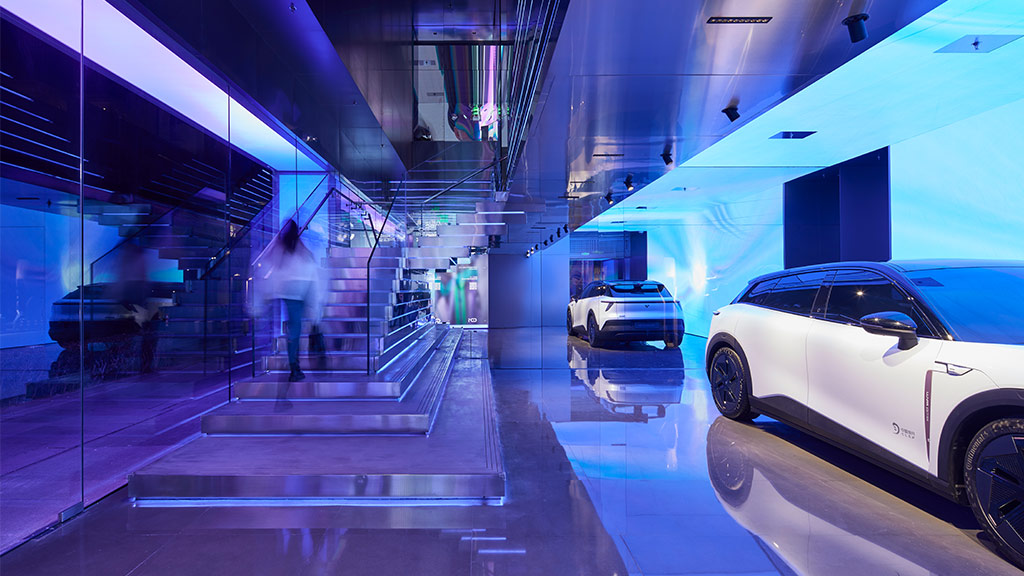
How Jidu’s Experience Center Is Disrupting the Auto Industry
Electric vehicle maker Jidu’s new experience center, designed in collaboration with Gensler, merges product experience, digital experience, brand display, an art space, and other functions.
May 16, 2023
INSIGHTS
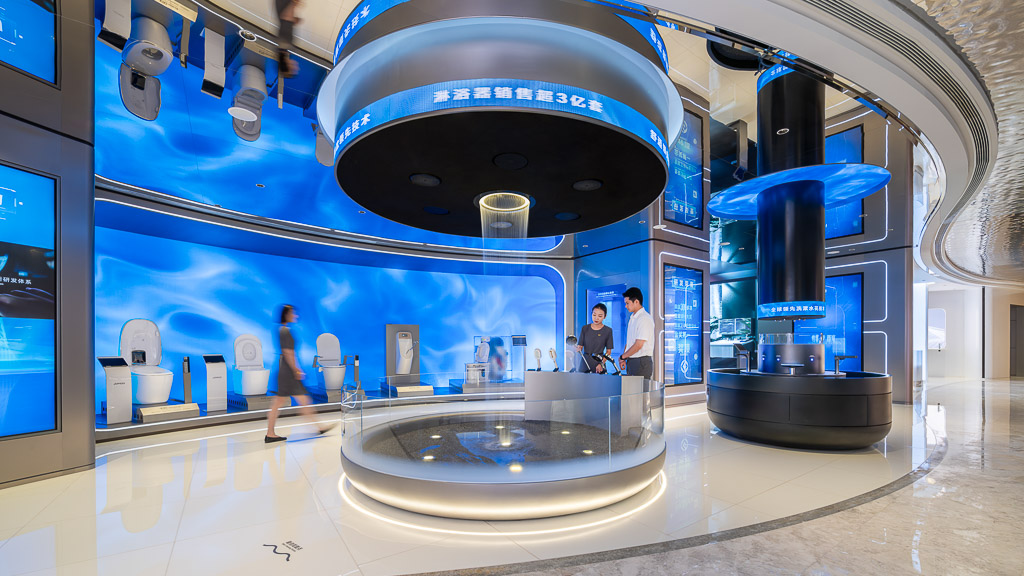
Design Forecast 2026
Geo-Trends: China
China’s real estate market is in the midst of a profound transition with an accelerated pivot toward repositioning assets to add value and investing in healthcare, science, and education facilities. Explore the trends shaping China in 2026.
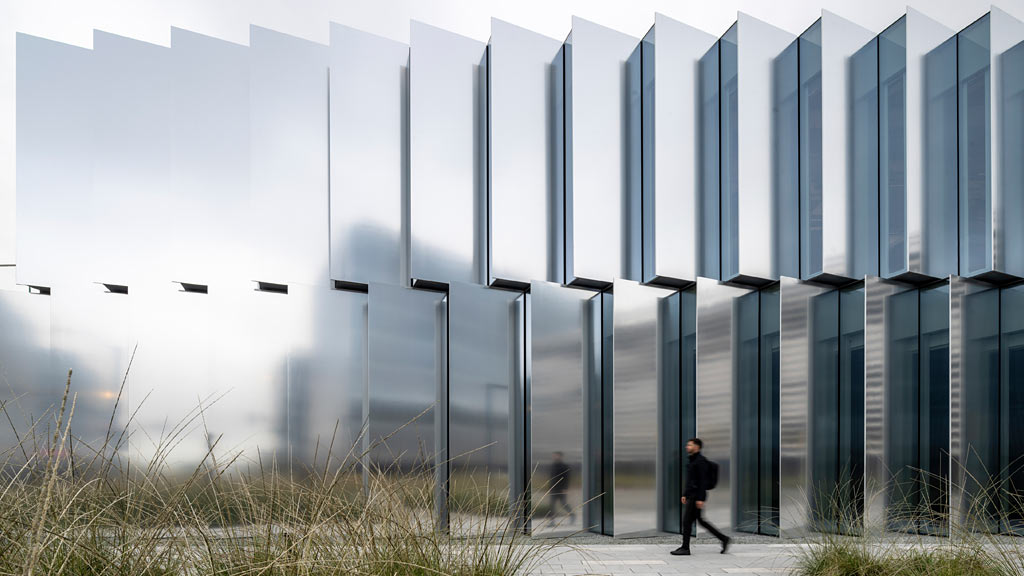
Design Forecast
Design Forecast 2026
Gensler’s Design Forecast 2026 explores the top global design trends and strategies shaping the future of the built environment. With insights, research, and projects across 33 practices, we help clients elevate the human experience.
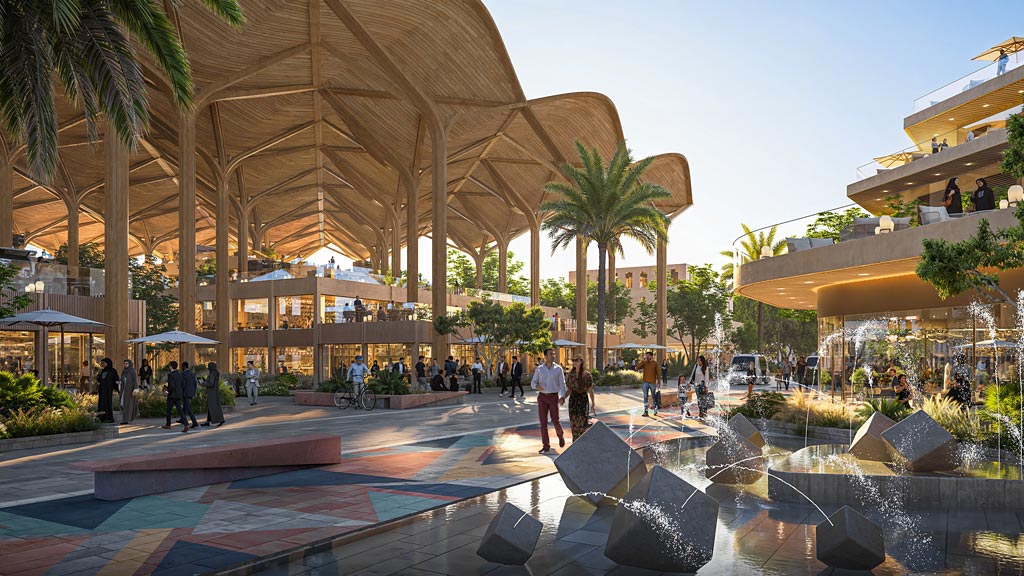
Design Forecast 2026
6 Trends Shaping Design in 2026
Discover the most important and actionable themes shaping design in 2026, based on over 100 trends across 33 industries around the world.
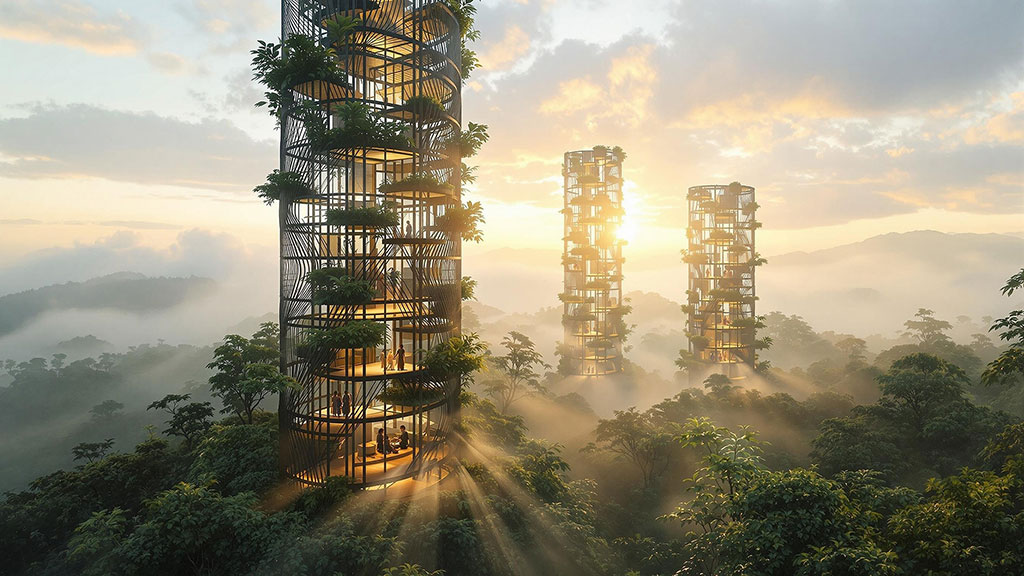
Blog
Design as Storytelling: How AI Is Transforming the Way We Imagine, Create, and Connect
AI isn’t here to replace creativity. It’s here to amplify it — helping us move from inspiration to iteration with greater speed and substance.
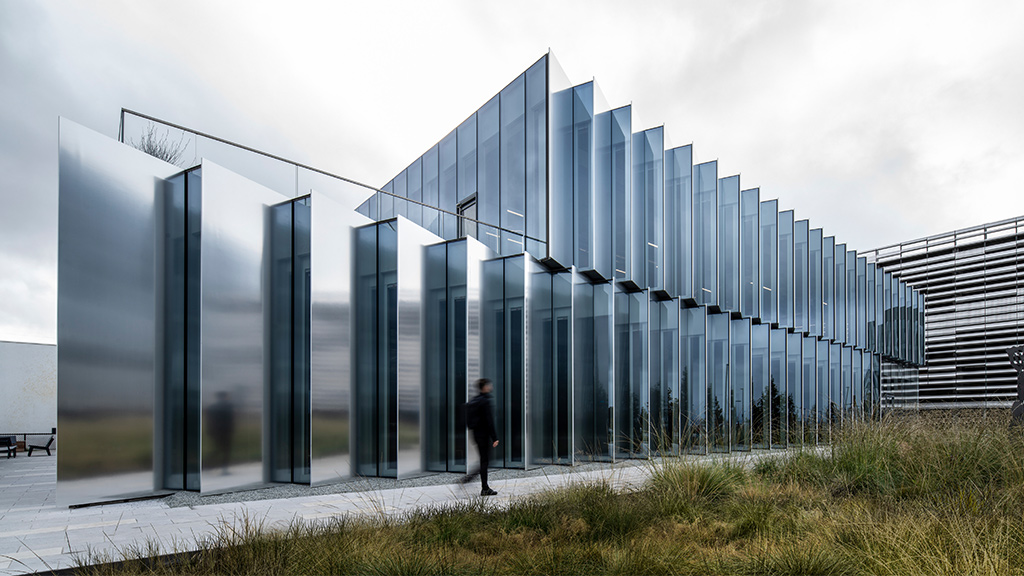
Blog
Six Decades of Creativity: Interior Design Magazine Celebrates Gensler’s 60th Anniversary
The industry publication marks a milestone in the firm’s history with a roundup of global projects and people shaping what’s next in design.
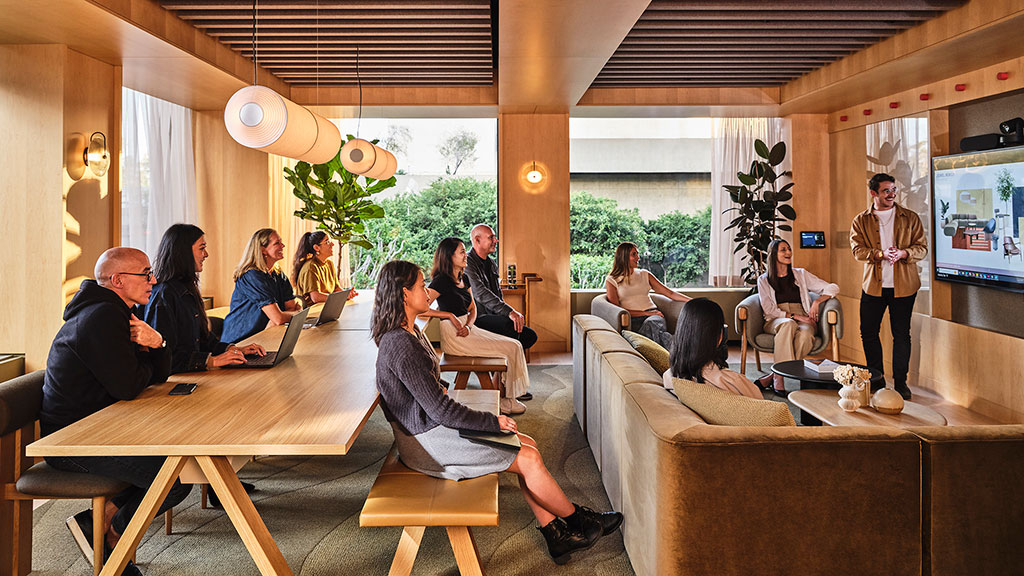
Blog
Designing Workplaces That Work — With Your People
When employees are involved in the planning and design process, the workspaces we create are more effective, engaging, and human.
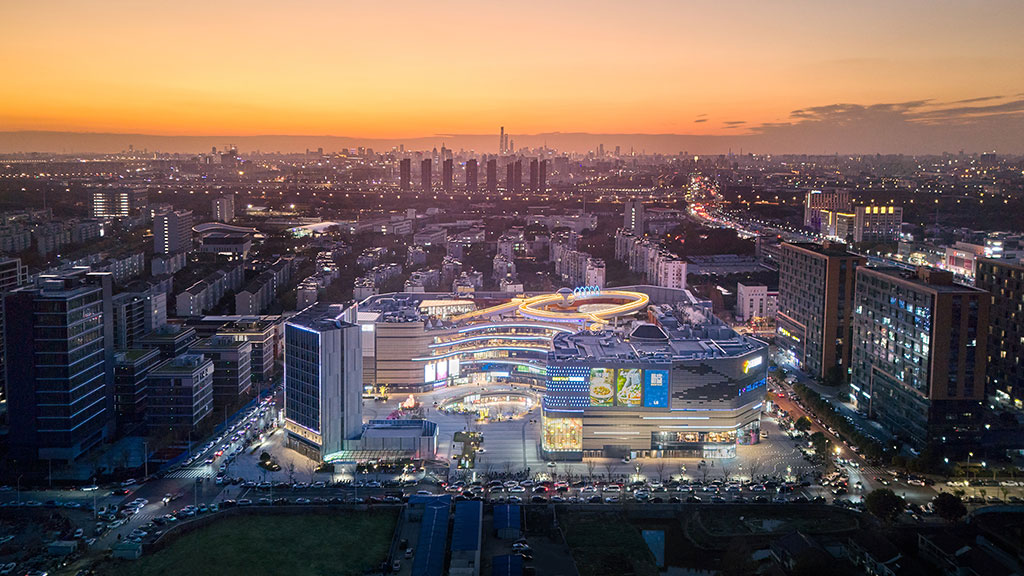
Blog
Reenvisioning Retail Centres: Lessons From China for the Middle East
We explore how key lessons from China’s retail evolution can reshape the future of retail centres in the Middle East.
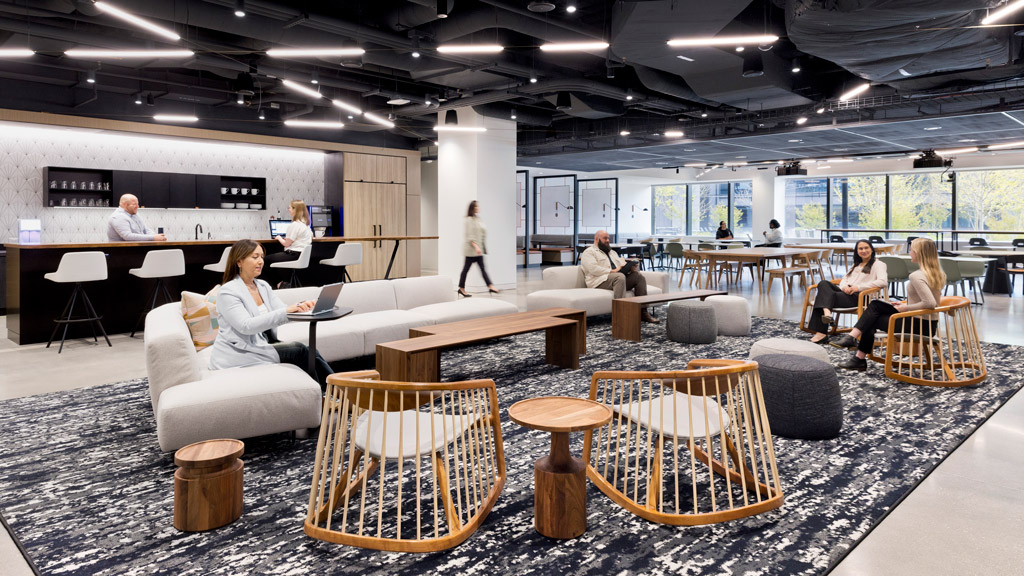
Blog
How the Future of Work Is Influencing Workplace Design
While workplace design changes incrementally, the past few years radically transformed our expectations of an office and how we can design for what’s possible.
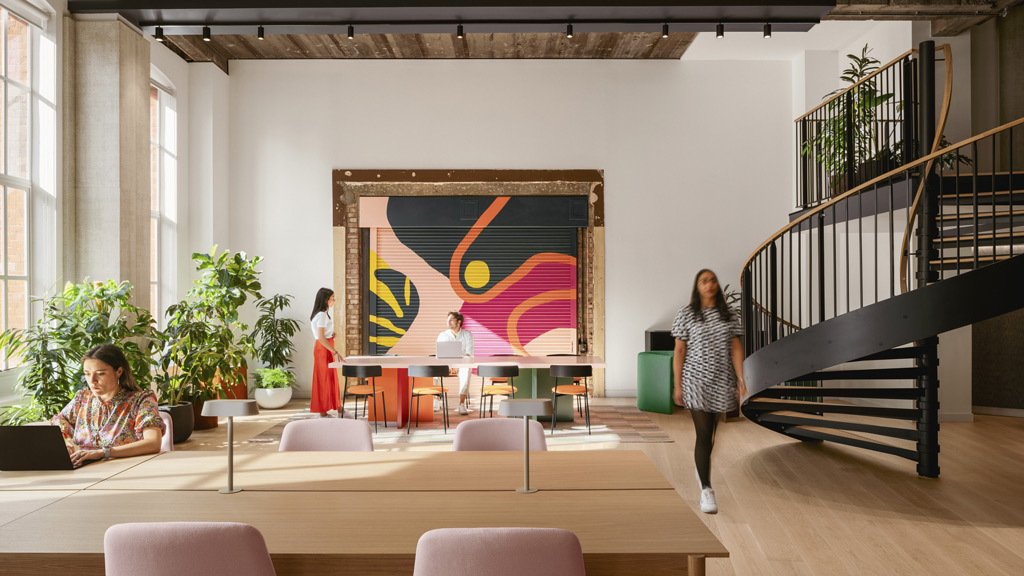
Blog
The Future of Work Is Human: Designing for Culture and Experience
The challenge in front of us is to design places that empower creativity, build belonging, and support people and teams to do their best work — whatever that looks like.

Research
City Pulse 2025
Gensler surveyed 33,000 people across 65 cities to uncover what makes a city magnetic — how it attracts new residents and keeps them wanting to stay.
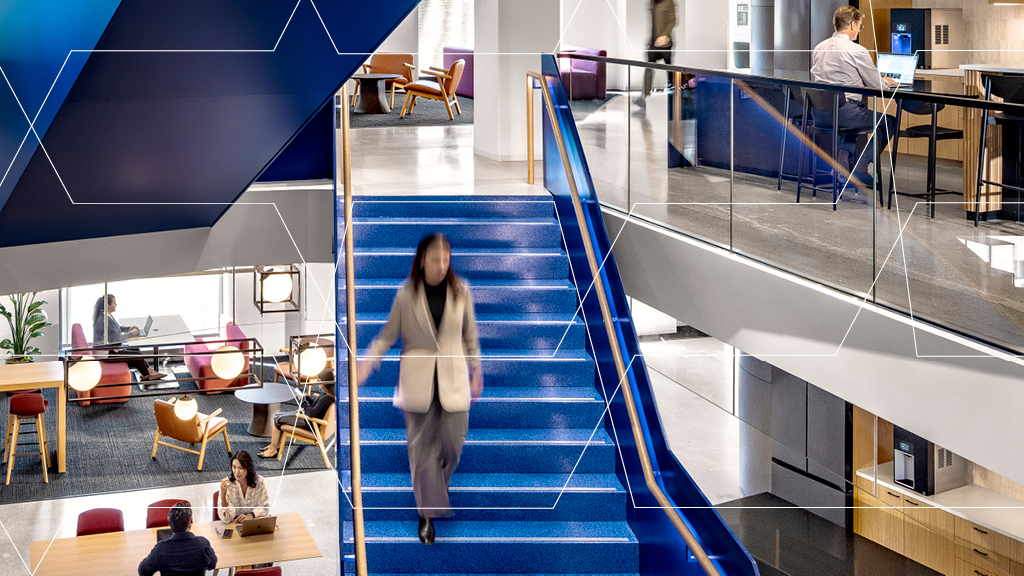
Research
Global Workplace Survey 2025
Gensler’s Global Workplace Survey 2025 reveals the importance of in-person work and insights on how workplaces can be better designed to support all forms of work for individuals and teams.
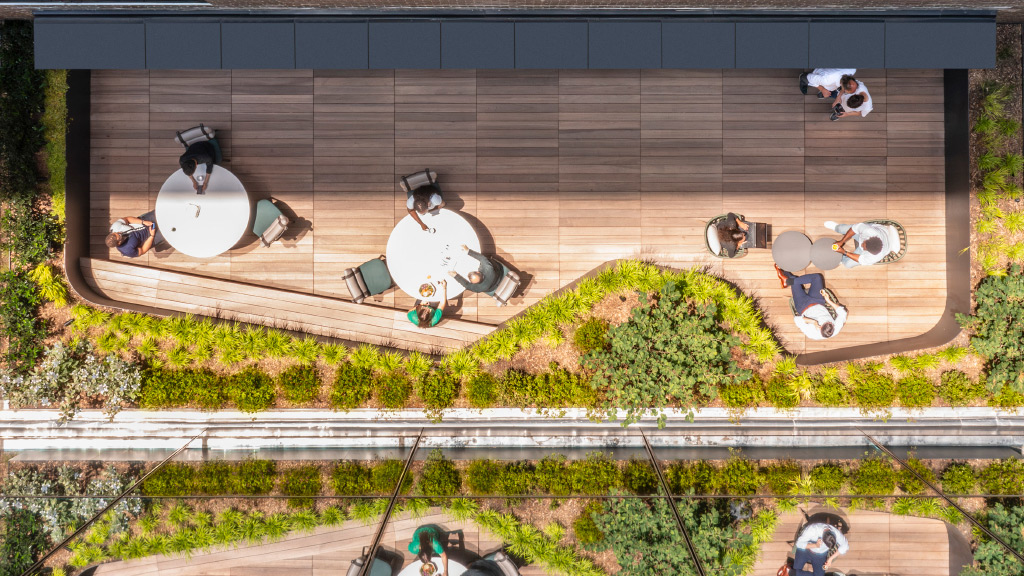
Sustainability
Resilience by Design
Our Resilience by Design Report presents solutions for transforming the built environment to achieve a net zero carbon impact across our portfolio and the design industry.
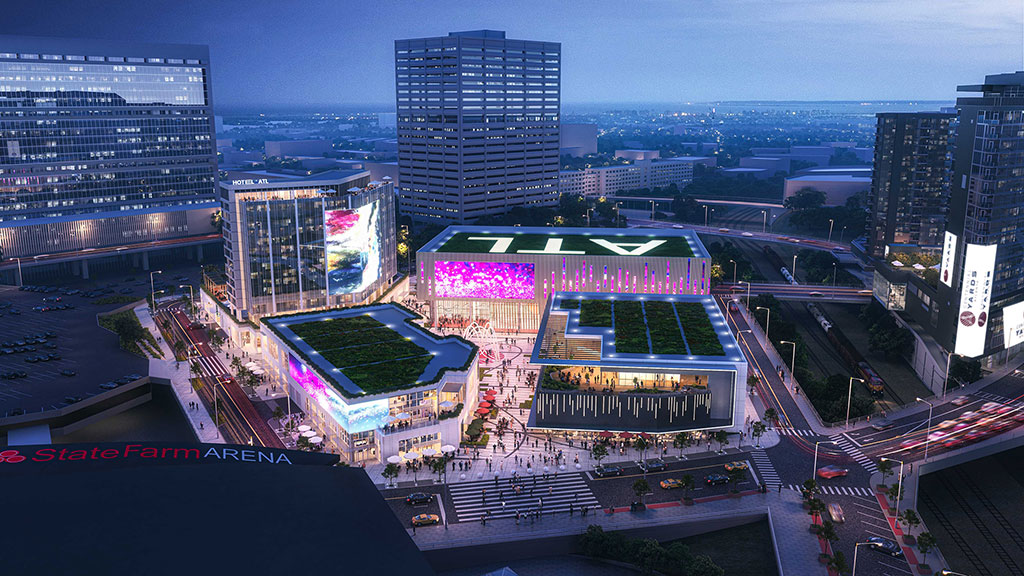
Blog
Trends to Watch: The Future of Cities Relies on Multiuse Districts
Gensler’s Mixed Use & Retail Centers leaders discuss the opportunities shaping the future of cities and multiuse districts.
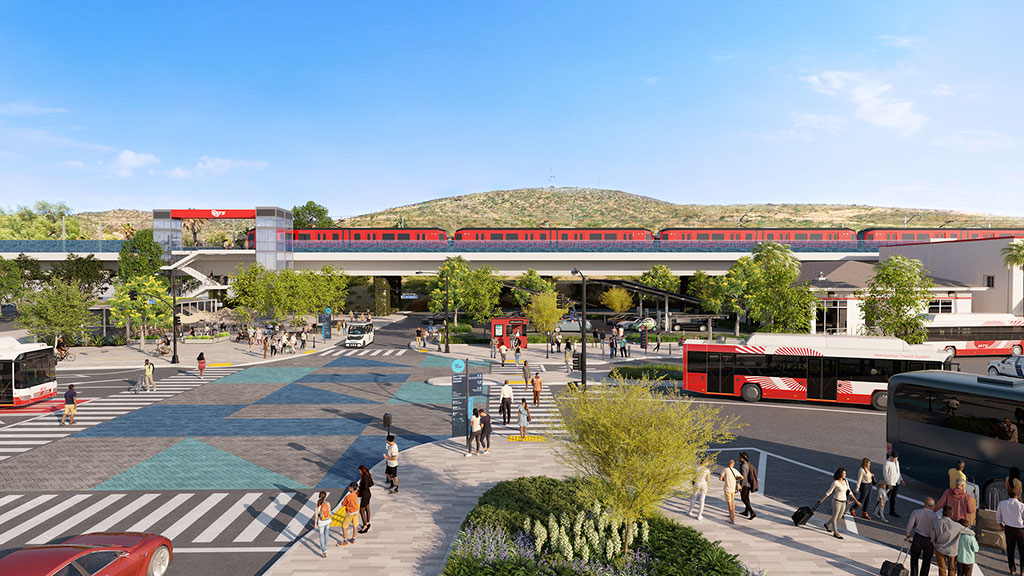
Blog
Trends to Watch Shaping the Future of Mobility and Transportation
Gensler’s mobility and transportation leaders discuss the biggest trends shaping the industry, from micromobility to electrification.

Blog
How the Olympics and Paralympics Can Shape Cities in New Ways
A look at the legacy, equity, and sustainability shaping the Games, and how this event can unlock a city’s future potential while showcasing it in novels ways.
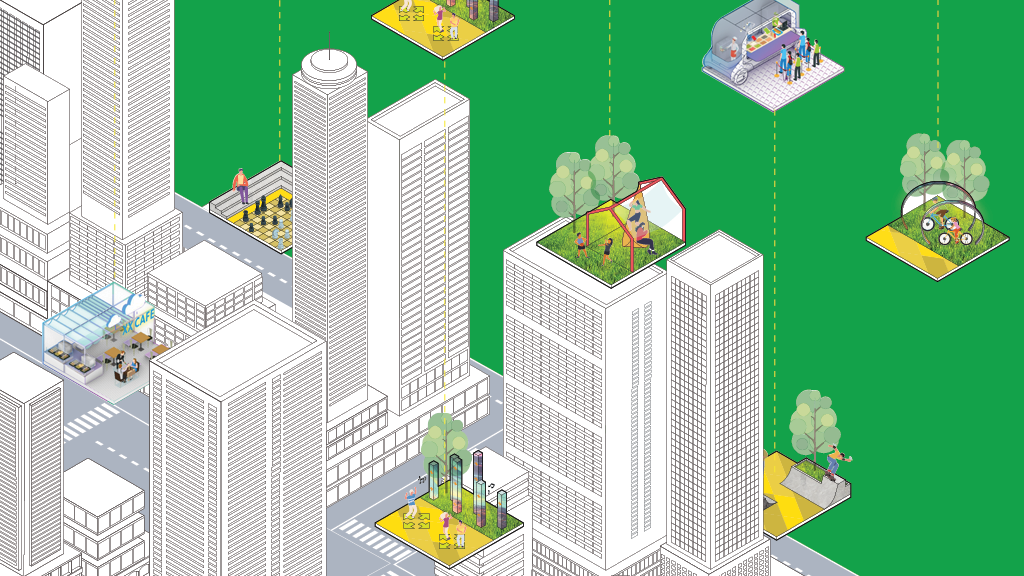
Research
Redefining the Future of Urban Wellness in China
We created a framework and adaptable urban design toolkit to promote wellness in Chinese cities at the neighborhood level.
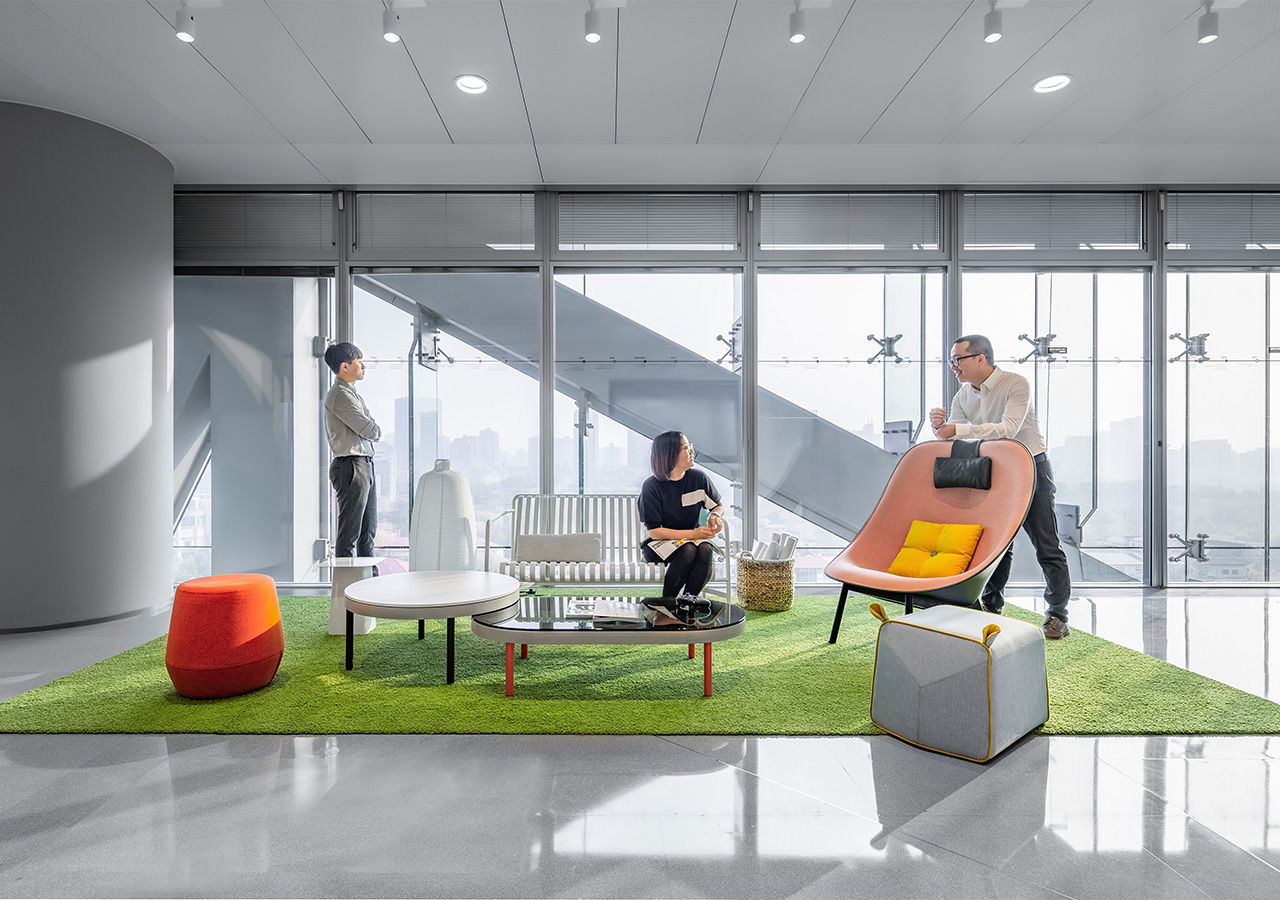
Design Your Career With Us
We grow our firm by growing our people — we invite you to search for opportunities and explore how you can reimagine the future with us.
Gensler Beijing
Park View Green, Suite 1503
Tower B, No. 9 Dongdaqiao Road
Chaoyang District
Beijing 100020
PRC
Tel: +86 (10) 6562.8900
Tower B, No. 9 Dongdaqiao Road
Chaoyang District
Beijing 100020
PRC
Tel: +86 (10) 6562.8900
